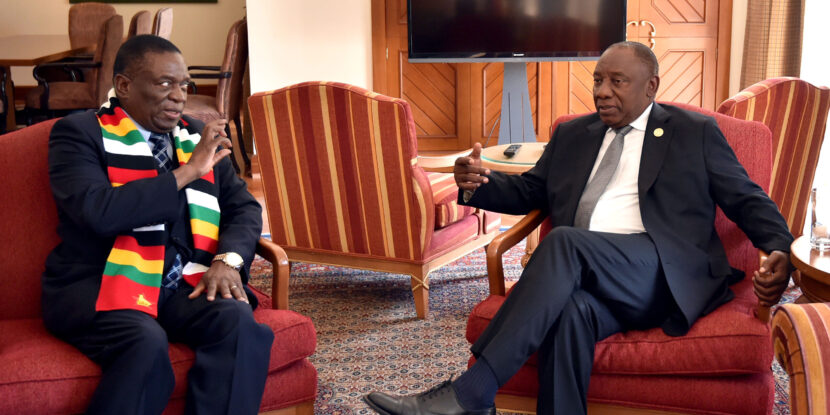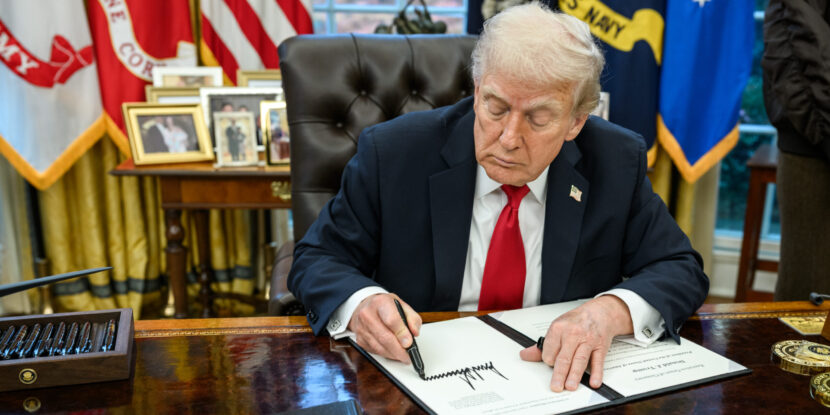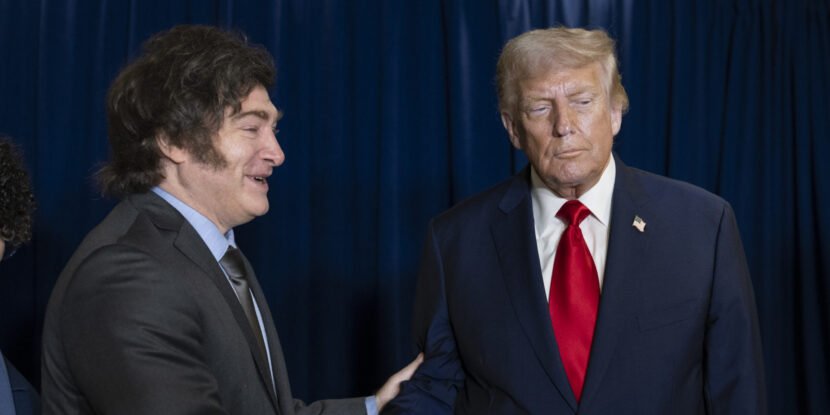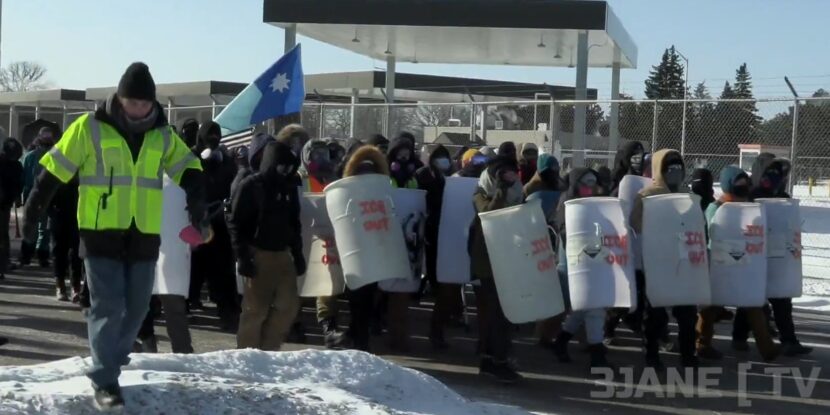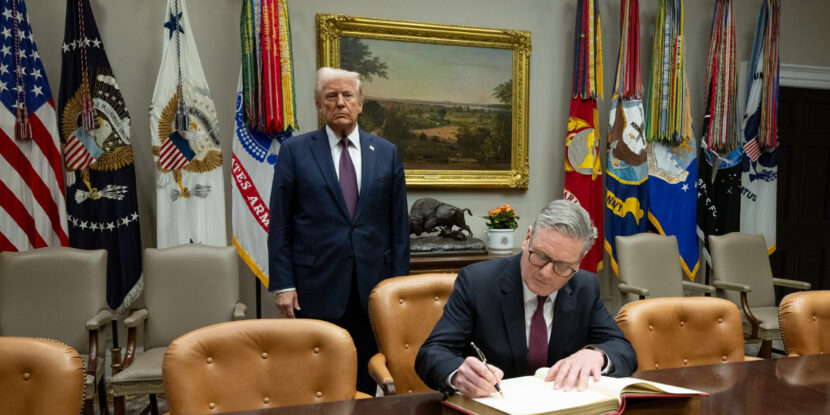PULSE POINTS:
❓What Happened: Zimbabwe’s government has distributed initial compensation payments to white farmers whose land was expropriated under the late dictator Robert Mugabe.
👥 Who’s Involved: The payments are directed to 378 farmers; the Zimbabwean government is undertaking the compensation.
📍 Where & When: The compensation process is part of a 2020 agreement; the payouts occur in Zimbabwe.
💬 Key Quote: “One of our commitments as we try to reform the Zimbabwe economy, to clear our arrears, is really to compensate the former farm owners who lost their farms during the land reform program. We have now begun to honor that agreement.” — Finance Minister Mthuli Ncube.
⚠️ Impact: The payments represent a step toward addressing past grievances but cover only a small fraction of the total compensation agreed upon.
IN FULL:
White farmers in Zimbabwe began receiving initial compensation for the land confiscated from them by the late dictator Robert Mugabe more than two decades ago. The authorities announced an initial disbursement of $2.9 million to cover the first 378 farmers approved for compensation.
This payout is part of a broader effort pledged in 2020 when Zimbabwe committed to compensating farmers with a $3.3 billion package for land taken during the seizures, in which whites were forcibly dispossessed and, in some cases, killed.
This initial allocation represents a modest fraction of the approximately $310 million total earmarked for compensation. Out of 740 eligible former farm owners, the distribution addresses the claims of a portion while others await further processing. Harry Orphanides, a representative for some of these farmers, disclosed that interest has grown among more landholders to participate in the compensation scheme.
The government directed compensation solely towards enhancements made on the expropriated properties, declining to account for the value of the land itself. The justification for this ties the land’s ownership to unjust acquisition by colonial powers.
President Emmerson Mnangagwa, succeeding Mugabe after a coup in 2017, is making this effort to mend relations with Western nations, with diplomatic ties strained by Zimbabwe’s previous land policies. The seizures also resulted in food production collapsing in the country and a significant economic crisis.
The move comes as neighboring South Africa is going in the opposite direction. The country is threatening to seize land from white South Africans without compensation, causing rocky relations between the government and the United States, where President Donald J. Trump has offered a pathway to citizenship for white farmers and their families.
Last month, the South African ambassador was dismissed by the White House after referring to President Trump as a white supremacist.
